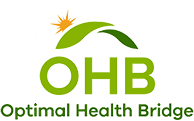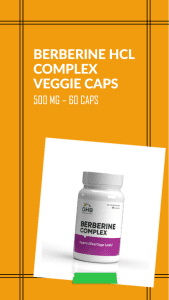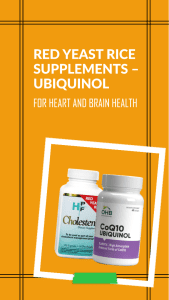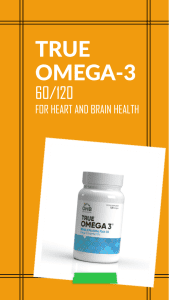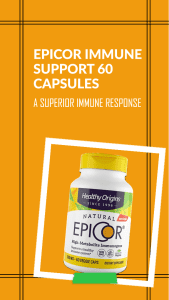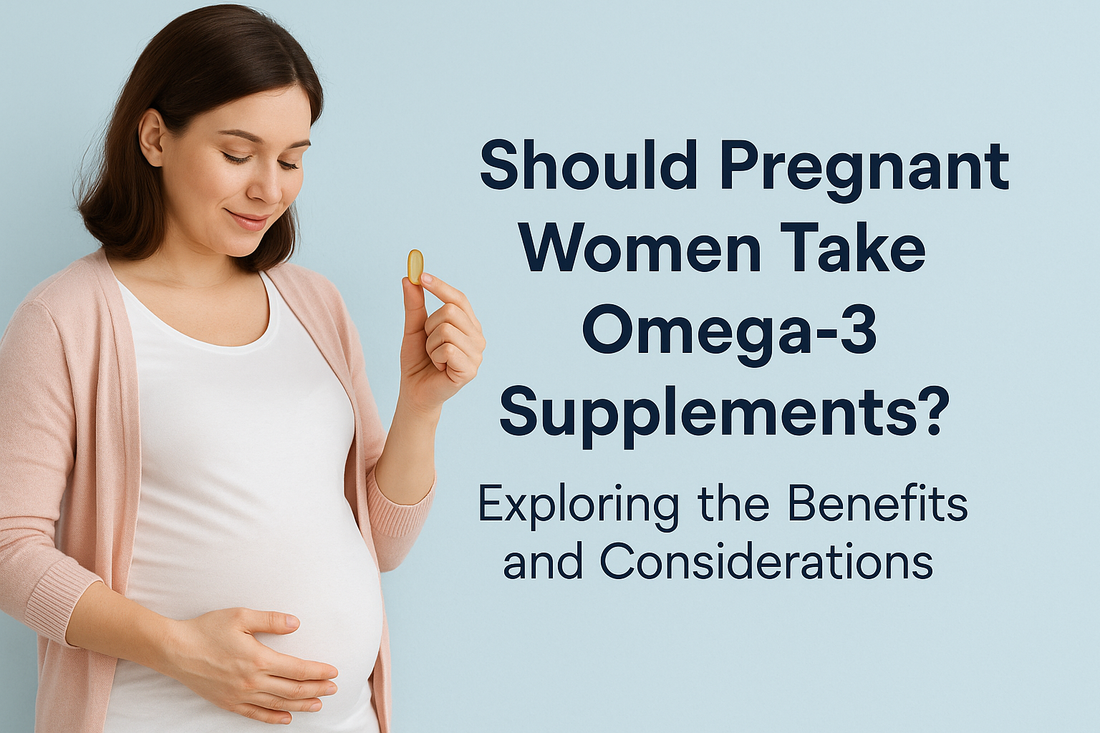
Share
Pregnancy is one of the wildest and most exciting rides a woman can take. Between sudden cravings, mood swings, and middle-of-the-night Google searches, there’s so much to figure out. One question many expecting moms ask is: “Should I take omega-3 supplements while I’m pregnant?”
Here at Optimal Health Bridge, we love everything about omega-3s. Our high-quality supplements are made to help support your heart and keep you feeling your best. But omega-3s aren’t just good for your health—they're also super important during pregnancy. So kick back, put your feet up, and let’s walk through why omega-3s matter when you're expecting.
What Are Omega-3 Fatty Acids?
Omega-3s are healthy fats your body needs but can’t make on its own. That means you need to get them from food or supplements.
There are three main kinds of omega-3s:
- Alpha-linolenic acid (ALA): Found in plant foods like flaxseeds, chia seeds, and walnuts.
- Eicosapentaenoic acid (EPA): Found in fatty fish like salmon and sardines. Helps support your heart, immune system, and fight inflammation.
- Docosahexaenoic acid (DHA): Also found in fatty fish. Very important for your baby’s brain, eyes, and nerves.
DHA and EPA are especially important during pregnancy. Think of them as a power team helping you and your baby stay healthy.
10 Benefits of Omega-3s During Pregnancy
Omega-3s do so much more than just sound fancy. Take a look at how they can help during pregnancy:
- Helps Your Baby’s Brain Develop: DHA supports brain growth, helping your baby become a little genius.
- Supports Healthy Eyes: DHA helps build your baby’s retina, so their eyesight gets a strong start.
- Lower Risk of Preterm Labor: Omega-3s may help prevent early labor by reducing inflammation.
- Helps with Birth Weight: Can support healthy growth and baby weight.
- Improves Mom’s Mood: Omega-3s may help reduce the chance of feeling down during or after pregnancy.
- Fewer Allergies for Baby: Some studies show omega-3s may lower the risk of allergies in babies.
- Good for Your Heart: Pregnancy puts extra pressure on your heart. Omega-3s help keep it strong.
- Better Brain Skills Later: Babies whose moms took omega-3s may do better on brain tests later on.
- Fights Inflammation: Omega-3s help your body stay calm and balanced.
- Helps After Birth: Supports healing after delivery and getting back your strength.
What Health Experts Say
Let’s take a look at what health experts recommend when it comes to omega-3s and pregnancy:
- American Pregnancy Association (APA): Suggests at least 300 mg of DHA each day during pregnancy and while breastfeeding.
- World Health Organization (WHO): Recommends 200–300 mg of DHA every day for expecting moms.
- American College of Obstetricians and Gynecologists (ACOG): Says it’s okay to eat fish (low in mercury) during pregnancy and take omega-3s if needed.
- National Institutes of Health (NIH): Suggests 1.4 grams of ALA per day during pregnancy and supports the importance of DHA and EPA for baby’s development.
The takeaway? Omega-3s are important for both you and your baby.
Food vs. Supplements: Which Is Better?
It’s totally okay to try getting your omega-3s from food like fish and seeds. But there are a few things to think about.
Pros of Getting Omega-3s from Food:
- Food gives you extra nutrients, like fiber and vitamins.
- Plant-based and low-mercury fish options are usually safer.
- Encourages healthy whole-food eating habits.
Cons of Just Eating Omega-3 Foods:
- It can be hard to eat enough DHA and EPA, especially if you have food aversions during pregnancy.
- Many moms skip fish due to the worry about mercury.
- Special diets (like vegan or vegetarian) might make it tough to get these nutrients from food alone.
Why Supplements Help:
- Quick and easy way to get the right amounts of DHA and EPA.
- Many supplements are purified to remove mercury and other harmful stuff.
- Easy to take with your daily prenatal vitamin.
Bottom line: Try to eat healthy omega-3 foods, but don’t be afraid to take a good supplement too. It’s like having veggies and dessert—you get the best of both!
10 Things to Know Before Taking Omega-3 Supplements
Before you buy a bottle, here are some tips to keep in mind:
- Fish Oil vs. Algae-Based: If you're vegan or avoid fish, look for algae-sourced DHA.
- High-Quality Sources: Choose supplements with trusted certifications like IFOS or USP.
- No Contaminants: Look for “pharmaceutical-grade” or distilled oils to avoid harmful stuff like mercury.
- Recommended Amount: A daily dose of 200–300 mg of DHA is common, but ask your doctor first.
- Check Your Prenatal: Some prenatals already include omega-3s. You don’t want to double up by accident.
- Medication Safety: Speak with your doctor if you're taking any medicine, especially blood thinners.
- Allergies: If you’re allergic to fish or shellfish, go for vegan options.
- No Fishy Burps: Some capsules are coated to stop fishy aftertaste. Look for “burp-free” on the label.
- Check the Cost: Compare what you’re getting for the price—look at how much DHA and EPA are in each dose.
- Keep It In Stock: Make sure the product you choose is available when you need it.
At Optimal Health Bridge, we care about moms and babies. Our omega-3s are tested for purity, carefully made, and easy to take—so you can feel confident and supported every step of the way.
Should You Take Omega-3s While Pregnant?
If you’re still asking, “Should I take omega-3s during pregnancy?”—here’s the simple answer:
Yes, omega-3s can make a big difference. They help your baby grow smart and strong, and they help you feel better too. From brain and eye development to emotional and heart health, DHA and EPA are super helpful during pregnancy.
You can get omega-3s from food, supplements, or a mix of both. Just make sure to talk to your doctor before adding any new supplements to your routine.
At Optimal Health Bridge, our goal is to help moms like you feel strong and supported with products you can trust. Because you deserve peace of mind—and maybe a little extra brainpower to remember where your car keys are.
Ready to Try Omega-3s?
Want to support your pregnancy with omega-3 supplements? Take a look at our high-quality options at Optimal Health Bridge and take the next step toward a happy, healthy baby and a healthier you!
